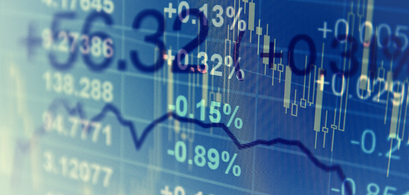Definition
The term high-frequency trading refers to computerized platforms with the capacity to execute a large number of transactions in a relatively short timeframe. High-frequency trading is limited to those institutions with direct feed lines to an exchange.
Explanation
The ability to engage in high-frequency trading (HFT) is limited to large institutional investors, hedge funds, and investment banks. These traders use sophisticated computer hardware and software programs to deliver a large number of orders at very high speed to an exchange. The ability to analyze market conditions, and execute orders at these speeds, provides the users of these systems with a trading advantage in the marketplace.
HFT is characterized by specialized algorithms to analyze market trends, and then move in and out of large positions in a very short timeframe. Anticipating market trends allows these institutions to gain favorable returns on bid-ask spreads. Given the extremely high volumes of trades conducted, even small moves in spreads can result in significant profits for these investors.
The computers used by HFTs are oftentimes co-located in the same facility as the market's servers, thereby lowering order latency by fractions of a second. High-frequency traders are also associated with quote stuffing, which involves placing, then immediately canceling, a large number of orders in order to move the market in a favorable position or take advantage of near-term market confusion.
Estimates indicate HFT accounts for between 50% and 70% of all equity trades occurring in the United States.



